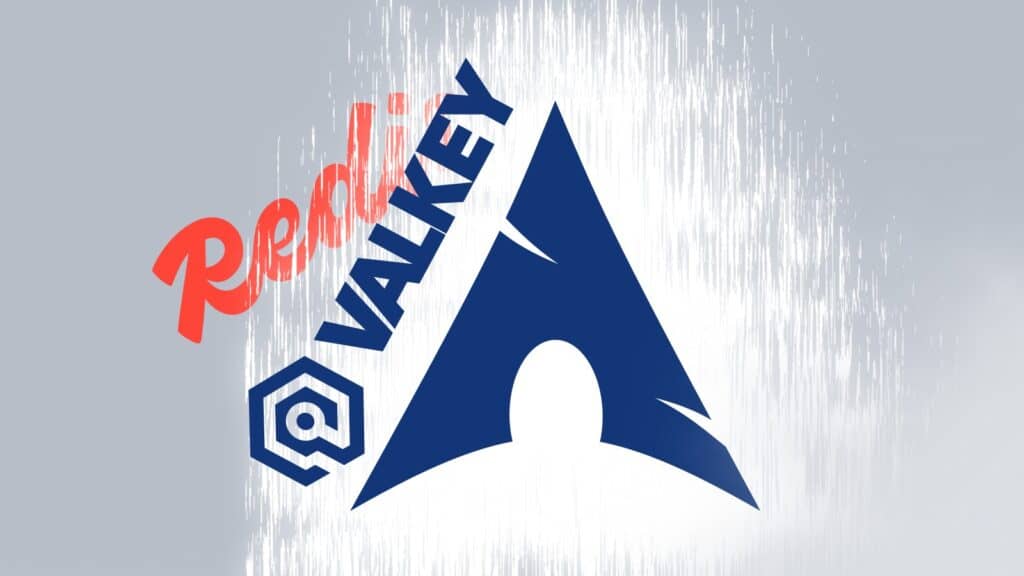Let me start with some background: in March 2024, Redis Inc. transitioned from the permissive BSD 3-Clause license to a dual-license model, comprising the Redis Source Available License (RSALv2) and the Server Side Public License (SSPLv1) for its flagship product, Redis, a highly popular in-memory NoSQL data store.
The final goal was to prevent large cloud providers such as AWS, Azure, GCP, and others from offering Redis as a service without contributing back to its development. The company justified the move as necessary to protect its investments and ensure sustainability.
However, this sparked significant controversy within the open-source community because it essentially took the database out of being considered open source, and the backlash didn’t take long to follow.
Big tech companies, including Amazon, Google, and Oracle, forked Redis to create Valkey, an open-source alternative licensed under the BSD license, to maintain the original open-source ethos and ensure continued community-driven development. There’s really no need to point out that a project backed by names like these is a big deal — it speaks for itself.
Valkey has already seen several stable releases, with the latest version 8.1 coming out just two weeks ago, boasting impressive benchmarks, claiming sub‑millisecond response times under heavy loads. But what’s even more important is that many Linux distributions have started including Valkey in their repositories, replacing Redis, which is no longer considered open-source.
What this means in practice is that Valkey is quietly becoming the default offering for countless developers who need an in-memory key/value NoSQL data store. And now, Arch Linux has joined the list of distributions making the switch.
Today, Arch’s maintainers announced that Valkey will replace Redis in Arch’s [extra] repository. In light of this, as of April 17, 2025, the “redis” package will enter a two-week grace period. During this 14-day window, users can continue to install and update Redis directly from the repo, ensuring they have sufficient time to test and migrate existing deployments.
After the grace period elapses, the package will be deprecated in [extra] and moved to the Arch User Repository (AUR). At that point, Redis will no longer receive updates from the official repositories and should be considered obsolete in [extra].
Arch users are encouraged to begin migrating configurations and workloads from Redis to Valkey immediately to avoid any hiccups. Fortunately, most common Redis commands map directly to Valkey equivalents, so refactoring application code should be straightforward. Additionally, backups created under Redis can often be imported into Valkey with minimal fuss.
Was Redis’s decision to change its license a success? In the short term, yes—it achieved its objective. In the long run, however, things could really start to turn against the company. And the reason is more than prosaic—it’s simply a matter of visibility.
When you’ve built up momentum, earned trust, and become a default part of nearly every major Linux distribution, you’ve essentially gained access to countless developers. It’s that simple. That kind of reach is one of the biggest strengths of open source. But once you lose that visibility, the impact can be hard to predict—and potentially significant.
Will Redis be completely replaced by Valkey as the developers’ choice in the coming years? That’s still up in the air. But one thing is clear for now: Valkey is already taking Redis’ place in almost all Linux distribution releases. That alone has to be a cause for concern among the Redis folks.
